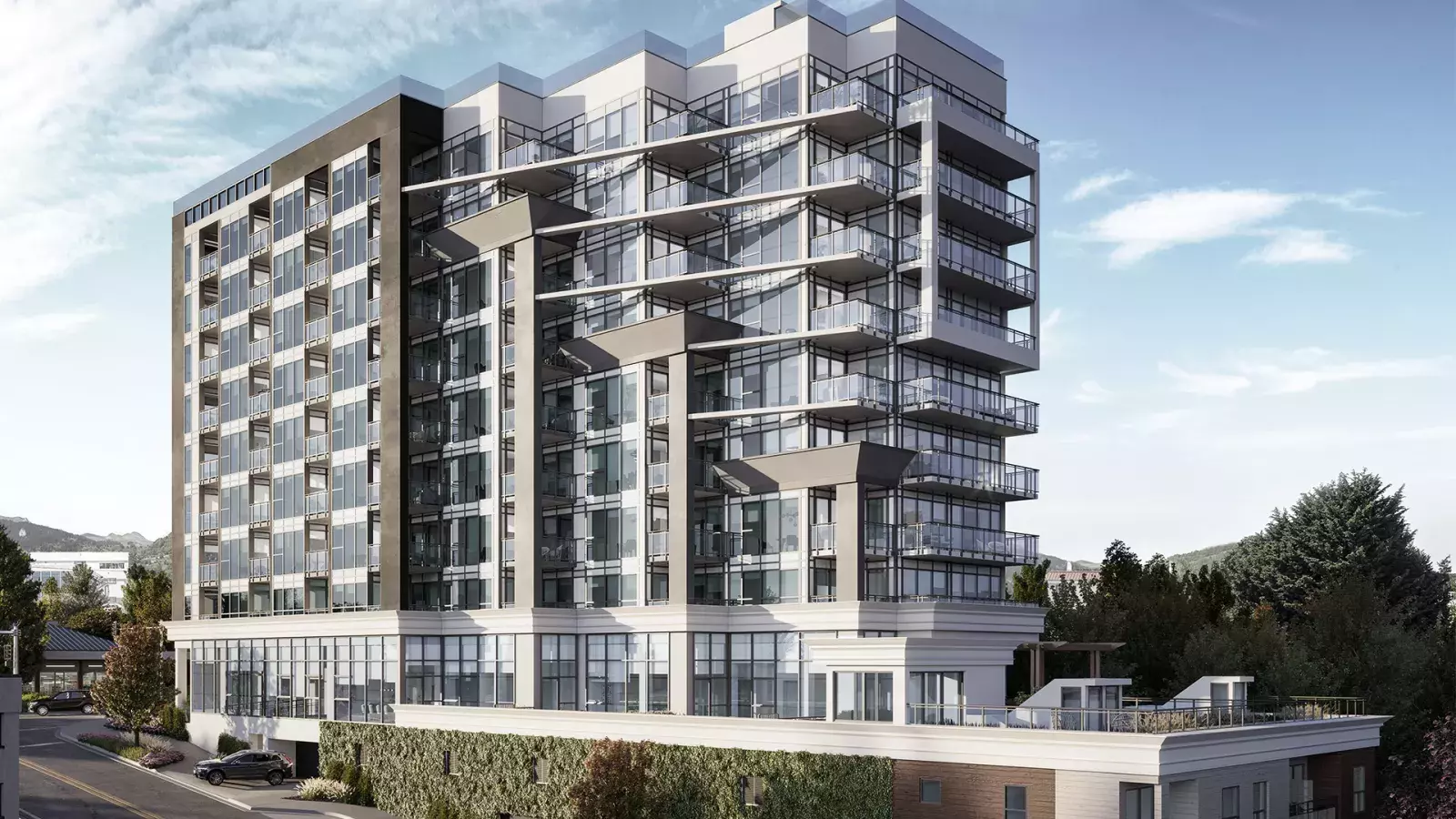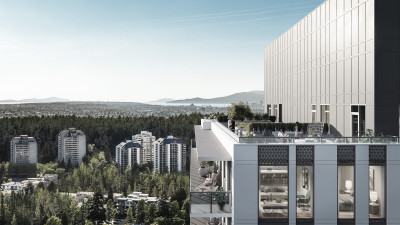Purchasing a pre-sale home as a second property, rather than a primary residence, comes with its own unique considerations. The intended purpose of your pre-sale purchase should be measured when determining the location and value of your purchase. You might be thinking of the property as a vacation home, intended to be used short-term for leisure and held as a long-term asset. Alternatively, you may have purchased a second property to gain short-term rental income or appreciate over time backed by long-term renters. You may seek to purchase a property for a combination of the above. Before purchasing, consider your intended use of the home in both the short term and long-term applications.
Purchasing a personal vacation asset
If you’re considering a purchase to be used as a personal vacation property, choosing a pre-sale has an array of advantages. Financially speaking, purchasing a pre-sale allows for more flexibility in terms of down payments and mortgage as these can be spread out over time with a fixed rate. The other good news is that if you’re seeking to vacation in an area, others likely are too, contributing to potential asset appreciation over time. If you’re using this second property solely as a vacation asset, choosing a pre-sale also has the benefit of peace of mind; in addition to not worrying about damage from renters, you’ll likely not require a property manager yet still enjoy the benefits of a strata that come with a pre-sale purchase.
Variable short term rentals
If you’re comfortable sharing your space, the cost of a vacation home can also be supplemented with short term rentals. It’s crucial to determine ahead of time if the option to host short term rentals is something you desire, as many developments do not allow short term rentals or have restrictions around such rentals. When selecting a pre-sale that may host short term renters, factor in which geographic areas are generally desirable vacation destinations beyond your personal preferences. Financially, short term rental properties give a variable income stream that may or may not average out to more than a long term rental could provide. Reservations can fluctuate and are not guaranteed. Insurance rates are likely to be higher than other second property uses. Repairs on wear and tear, additional cleaning fees and upfront furnishing costs should be accounted for. You’ll also need to secure a property manager or put the time into managing listings yourself. On the bright side, frequent maintenance and cleaning helps to maintain the home and its value and a property manager will help keep an eye on your property’s safety in your absence.
Sustainable long term rentals
If you’re looking at a second pre-sale property as a long term asset rather than a source of short term income, a lower risk option may be to treat your second home as a long term rental property. In this scenario you would offset the cost of your mortgage and expenses by securing a long term tenant with predictable payments. This might be desirable for those who have purchased a pre-sale with the intention to retire in it or house a family member a few years down the road. In this case, considering the location is still crucial, but the location should reflect areas that someone might want to live rather than visit. Costs associated with a long term rental are typically lower than that of a short term vacation rental property, and income will be more consistent and dependable. Usually, a long term renter will present fewer problems for the landlord than a series of short term renters and this saves you time and energy.
As you look at pre-sale options for a second home purchase, consider all the possible uses it can fulfill and select the option that feels right for you, both upon completion and in the long term.



